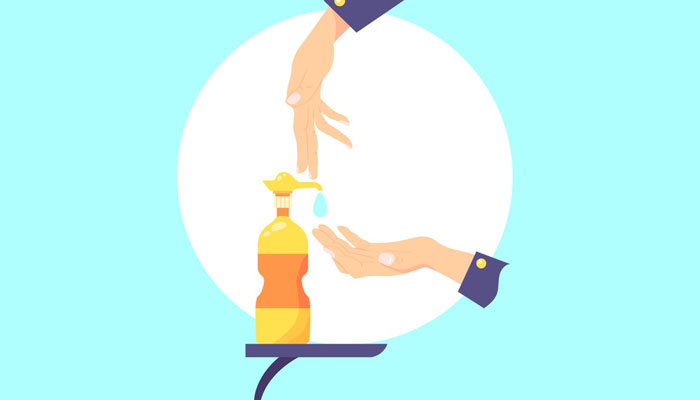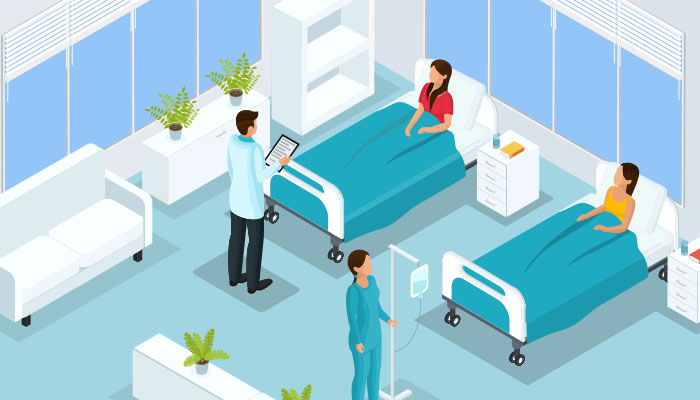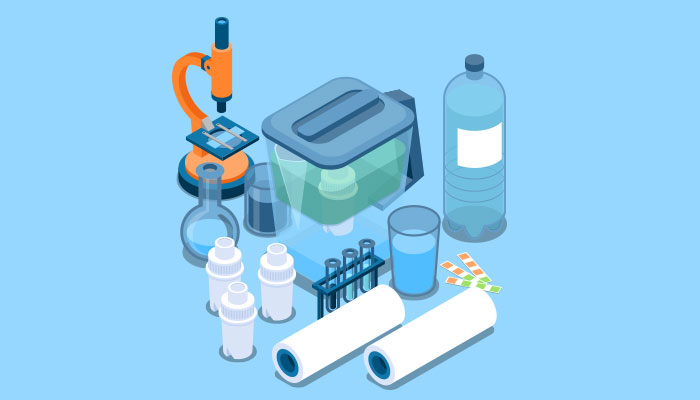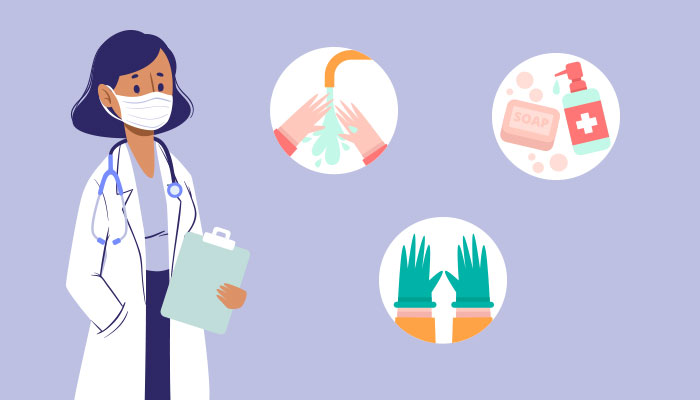Emphasis on personal hygiene is increasing due to the rise in numbers of bacterial infections. As most of the ill people are found in hospitals, it becomes a necessity for hospitals. Patients and staff of hospitals are prone to get ill if they are not vigilant enough.
For instance, someone is admitted in hospital for cardiac issues and acquire some other disease in the hospital premises. Infection in hospitals can be transmitted through three modes i.e. patient to patient, patient to Staff, Staff to patient.
Hence, it becomes important for everyone in the hospital premises to be aware about these infections. Thus, role of hygiene in healthcare industry becomes prominent.
Patients who are hospitalized are more prone to get infected than those who come just for consultation. Moreover, patients with compromised immune systems acquire the infection more easily in more severe forms.
Some of the common diseases that can be transmitted or acquired in hospital premises are pneumonia, diarrhea, tuberculosis. Apart from that skin diseases, common cold and cough are other diseases that can be spread.
Keeping that in mind it becomes important for every individual to maintain personal hygiene and keep their surroundings clean. In this post we have provided some approaches on how everyone can participate in improving personal hygiene.
Hygiene Coating

All surroundings of the hospital including walls, ceilings, and floor must be sprayed using a hygiene coating. The sprayed must be applied on to public places like showers, toilets, and waiting areas. Hygiene coating is a water-based solution that can be applied to any type of finishing be it concrete, tiles, plaster, or brickwork.
Though the drying time is much less still it is advisable to perform this process when wards are their quietest. Opting to spray the entire hospital with a hygiene coating is considered to be the most effective way to assure the hygiene in healthcare industry.
Hand Sanitizing

According to a WHO report 14 out of 100 patients admitted in hospitals are prone to get infected with a new disease. Taking easy measures such as appropriate hand hygiene can reduce the heath-care infections by 50%. Doctors along with patients and visitors must be encouraged to sanitize their hands after touching hospital belongings.
Alcohol based sanitizers are considered to be the best one. Moreover, it’s advisable to use automatic dispensers that pick hand movement, preventing the dispenser itself to be contaminated.
Distance Between Beds

Generally there are numbers of patients sharing a general ward and chances of spreading infections are high. So, it becomes a necessity to have proper distance between the beds of patients. Another important thing is to shift patients with contagious diseases such as cholera and tuberculosis to separate wards.
Disposing of Medical Waste

There are two types of waste generally found in hospital premises. It is imperative to have proper knowledge about both of them. Medical waste includes human tissue, sharp objects, liquid fluid, and specimens. Whereas, general waste refers to material with minimum humanly contact and these two can’t be crossed over.
It’s vitally important to wear personal protective equipment while handling both types of waste materials to prevent Contamination.
Change Bed Linen

All used linen must be considered as contaminated and further use of used linen must be avoided. The individual changing linen must wear personal protective equipment to avoid spreading of microorganisms to their clothes.
All heavily contaminated linen must be placed in a secure leak-proof bag first and then disposed of. Sanitizing hands must be done after handling the contaminated linens even though protective gloves were worn.
Cleanliness of Water Systems

Performing regular checks to keep water systems clean and safe is another imperative aspect. The most common type of bacteria to be found in water is legionella. Which is responsible for two types of illness.
Firstly, legionellosis which involves similar symptoms to that of pneumonia. Secondly, pontiac that causes mild flu. While it is impossible to remove legionella completely, it can be controlled to prevent risking the users. To successfully control it regular risk assessments must be done on both hot and cold water systems.
Temperature control is the most important way to control legionella. Hot water systems must be stored at 60° C and cold water at 20° C.
Personal Hygiene of Healthcare Professionals

Being a healthcare professional it’s imperative to maintain personal hygiene. Personal hygiene tends to help in maintaining a healthy environment in the hospitals. Having shower before and after the shift is vitally important. It is advisable to use less scented products. Moreover, uniforms must be washed on a daily basis regardless if it’s dirty or not.
Final Words
It’s the sole responsibility of every doctor, patient or visitor to maintain personal hygiene. A high level of personal hygiene is required by every individual to prevent spreading of germs and bacteria. An alternate way to prevent infections is by adopting tele-medicine platforms.
Its an efficient way for medical consultation by sitting at your home. TalktoMedic is one such app which is easy to use and have various specialized doctors.

